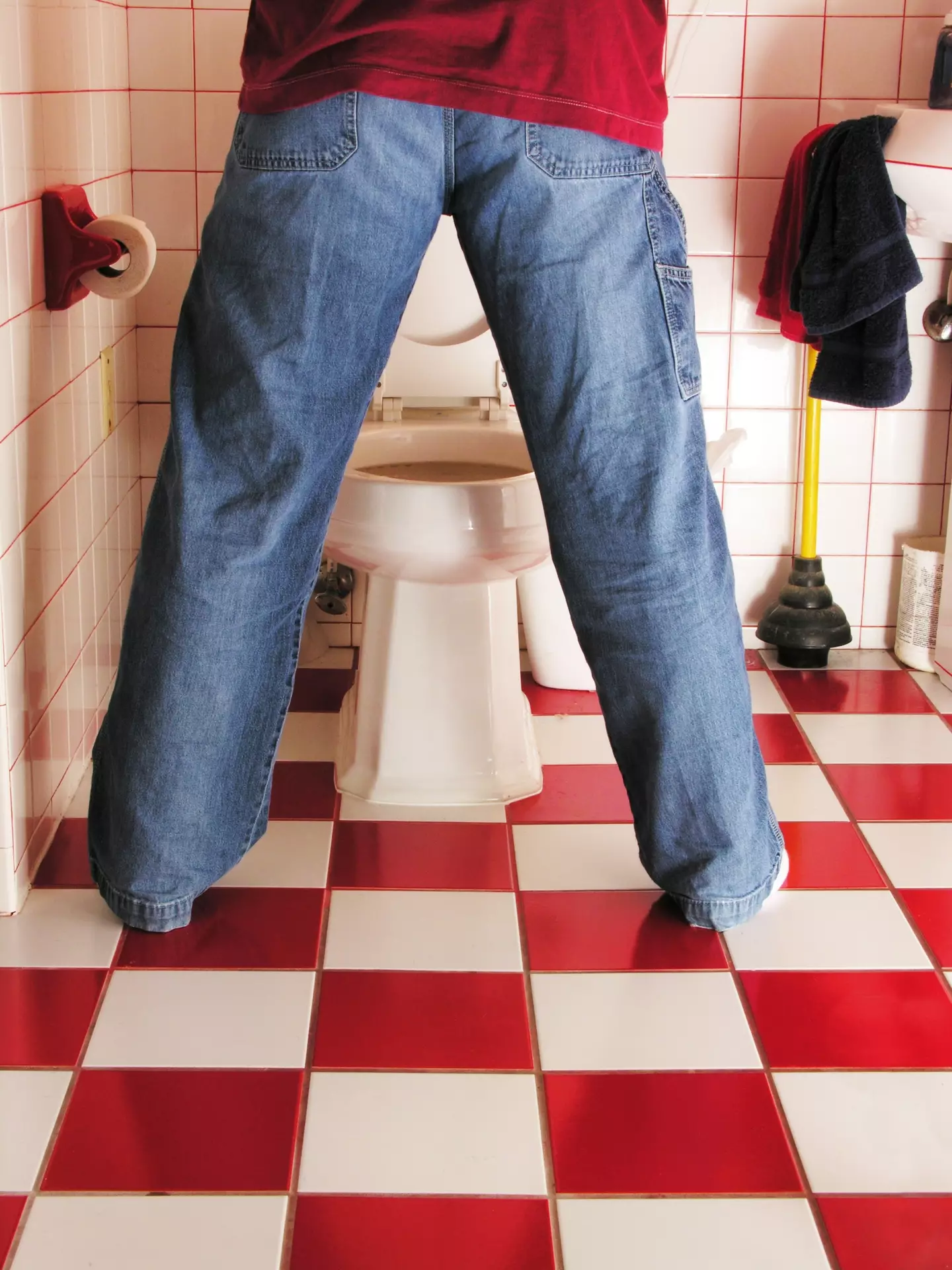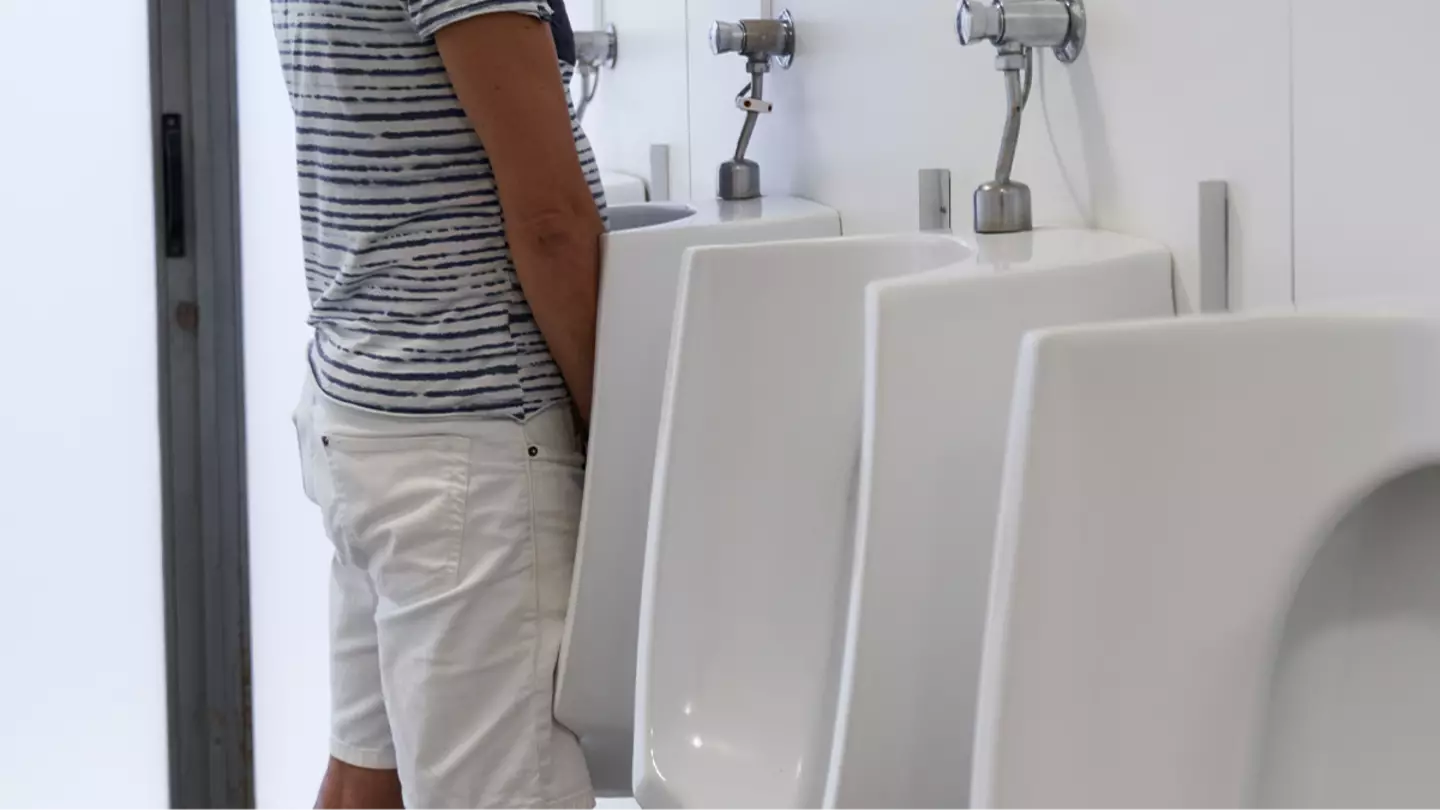When nature calls, you have no choice but to answer, unless you’re trapped in the back seat of a car during a lengthy family road trip. In those situations, it might not be so easy.
Enduring marathon car rides while my father hurried to make it to the Eurostar from the UK to France is an experience from my childhood I’m glad to leave in the past. Many of us can likely relate to the patience-testing journeys where our parents refused to make a pit stop at a gas station.
But let’s get back to the main topic. Specialists from the UK’s Bladder & Bowel Community have highlighted the number of daily bathroom trips that might indicate an issue with your bladder function.
These healthcare professionals suggest that the average individual should be visiting the restroom about six to seven times over a 24-hour span, provided they are consuming around two liters of liquid each day.

However, don’t worry too much if you don’t fit perfectly within that range. Urinating between 4 and 10 times a day can still be considered normal. The most important thing is whether your bladder is causing you discomfort or inconvenience.
If you’re always on the lookout for the nearest restroom or can’t sit through an entire movie without feeling the urge to go, you might be experiencing an overactive bladder.
This condition occurs when your bladder contracts unnecessarily, prompting you to feel the need to urinate even when it’s not necessary.
It’s not just about how often you go; those dealing with this issue often experience a sudden and urgent need to urinate, sometimes without making it in time, potentially leading to accidents.

Various factors influence how frequently we need to urinate, including the amount of water or other beverages consumed, medications being taken (especially diuretics), diet, lifestyle, and even age. Typically, children need to go more often than adults.
If trips to the bathroom are becoming a central part of your routine or causing you distress, such as frequent night-time visits or unexpected leaks, consulting with a healthcare provider might be wise.
Before visiting a doctor, it can be helpful to monitor your bathroom patterns for a few days, noting how often you go, the volume of urine, and any instances of discomfort or leakage.

